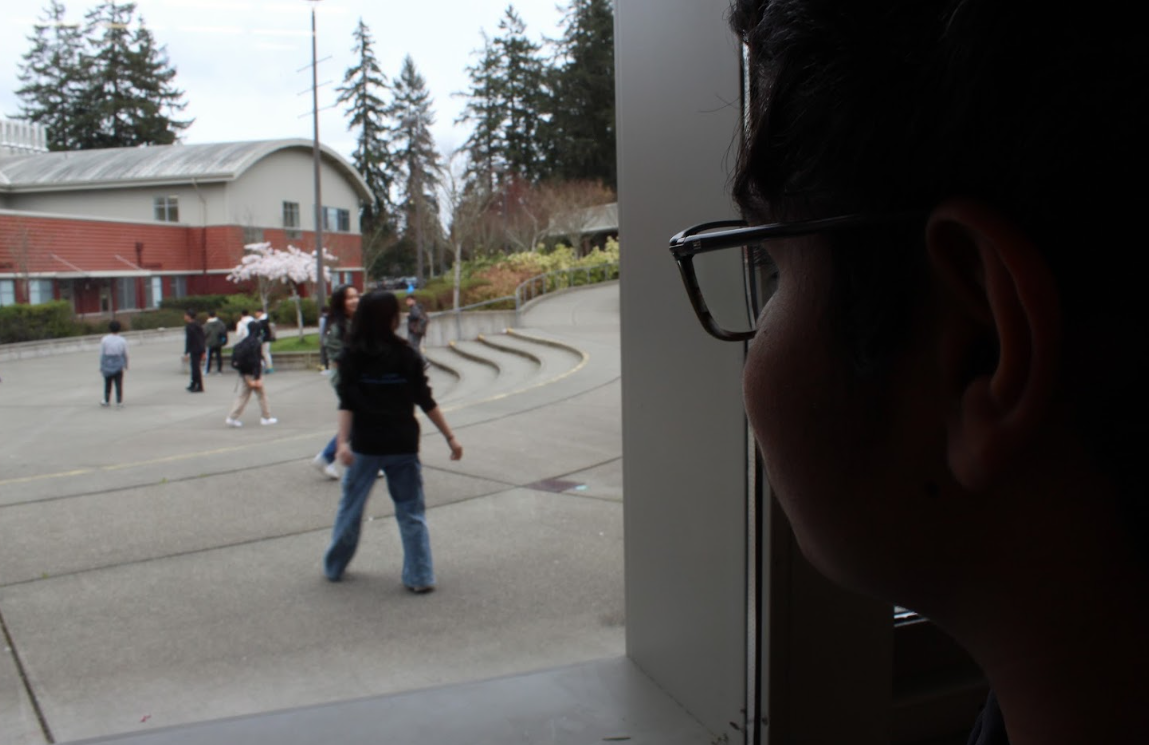
Exactly What You Think This Is: An Analysis of Existential Crises
By Isabelle Wang • May 1, 2024 • 2 minute read
Existential crises are not easy to experience. According to Wikipedia, an existential crisis is an inner conflict centered around the “impression that life lacks meaning or by confusion about one’s personal identity”; in perhaps better words, it is when a person begins to ponder the meaning and purpose of life.
There is no right situation in which a person should or shouldn’t experience an existential crisis; both teenage exploration and mid-life crises stem from the wondering of what your place in the world is. Humans like to be correct, and there is no correct answer to any of these questions, which is why people have been contemplating concepts like personhood and purpose ever since the beginning of civilization.
Firstly, people have existential crises when faced with seemingly unending circumstances. People are generally concerned with their day-to-day life, and so mundane parts of life which they undergo every day may be factors for causing people to think about the meaning of life.
For teenagers, ordinary aspects of life mainly include school and extracurriculars, which we are told will eventually improve our adult life. “I had an existential crisis because I didn’t understand why I was doing school and what the purpose was of school and my life and if studying for my test was going to lead to happiness as a senior citizen,” one student responded. Similarly, Ruochen Xu, freshman, said she began to think “What is the point of all this?” while overwhelmed with school and extracurriculars.
Alternatively, teenagers are at a point in their life and an era where they begin to better understand all the issues which adults argue about, like climate change, social inequity, and nuclear weapons. This would give any person great doubt about how to solve so many things seemingly ingrained into life, much less a person exposed to this within a limited amount of time and who is also expected to solve all these issues when they grow older. Bernard Garcia, a sophomore, cited a few examples concerning world issues, including 9/11, the Cold War, and the impending heat death of the universe.
Secondly, the content of an existential crisis is generally focused on the self. “I usually have a lot of questions like ‘Am I happy doing this/being here?’ ‘What is this leading to?’…’Did I make any mistakes that I can’t undo?’” said Ms. Kujawa, an English teacher. Ruochen added on to this point: “I started wondering if my life was worth anything; did I have any worth to the world? Even if I matter to my friends and family, will the care they have for me matter if we all die anyway?”
In addition to the questioning of self, existential crises also include the questioning of reality and experiences. Alex Yu, a student in ninth grade, described and expanded upon the possibility that we spontaneously appeared seconds ago with all our memories. “You can never be sure whether the past really happened or if it’s just part of your memory, even if it only happened a second ago. […] When you combine this with the idea that we live in a simulation, it really all sounds like we’re just NPCs with programmed backstories.”
Any related feelings tend to be negative overall, ranging from frustration, anger, sadness, and a sense that everything’s far too big.
Thirdly, the consequences of existential crises are variable. Sometimes, nothing is gained from the experience, merely losing time obsessing over the meaningless of any action. Luckily, after enough contemplation most people figure out something about themselves or the world. Bernard said, “The world means nothing and is crappy so I will make it into something I could at least enjoy before I die and perhaps make it so that at least my life has meaning.” In a more positive tone, Ms. Kujawa said, “I think I used to judge myself more during existential crises, but with time, I’ve learned to see them as opportunities for transformation,“saying she tends to gain a better sense of self and purpose afterwards.
Stagnation and learning are caught in an endless battle, growth will never end, and neither will the process of continually re-writing one’s worldview, so people will continually go through existential crises, whether they like it or not. Hopefully, they’ll gain something out of the experience.